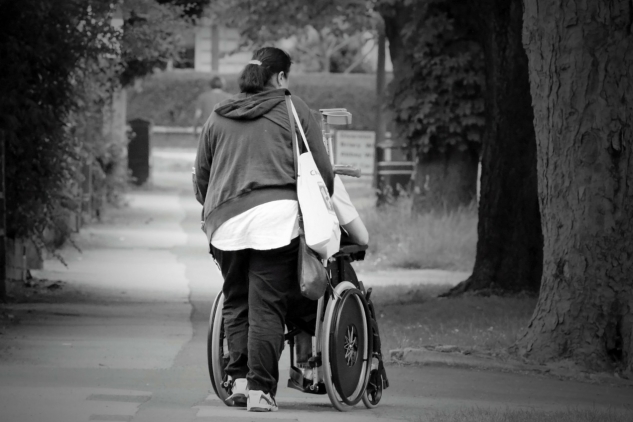
Women workers and exploitation: the gender pay gap is just the beginning
Recently the gender pay gap suffered by some of the UK’s most high profile women has been in the spotlight, as the BBC pay figures revealed stark pay differences between male and female presenters. The deep discrimination that drives this pay gap, found in all labour sectors, also drives the exploitation of women workers.
At a FLEX meeting last month experts discussed the multiple ways in which women workers in particular suffer labour abuses, discrimination and exploitation in the UK. Some abuses, such as discrimination on the basis of pregnancy, are particular to women, and experienced by an appallingly high number of women workers. Other abuses are more common amongst women than men, such as sexual harassment, or have a particularly negative impact on women such as zero hours contracts that are incompatible with childcare arrangements.
Recent research by the TUC found that more than half of women workers surveyed had experienced some form of sexual harassment, and more than one in ten had experienced unwanted sexual contact. Women in the hospitality sector were significantly more likely to have experienced sexual harassment, with 67% of women surveyed reporting some form of sexual harassment from colleagues, managers, customers and hotel guests. The common expectations that women in this sector be friendly, compliant, and subservient makes sexual harassment particularly problematic and difficult for women workers to raise.
Meeting participants also highlighted the double-edged nature of so called flexible working. A woman worker may be forced to accept poor working conditions or entitlements in exchange for the flexibility she requires to care for children or sick or elderly relatives. For example a woman worker may have to take a part-time job that is low paid or below her skill level in order to fit with her family care demands. At the same time, work that is highly flexible, unpredictable and insecure can be problematic for women with young children, who cannot obtain childcare at short notice and who need a steady income to support their family. Approximately 66% of single parents are in work, and the vast majority of those single parents are women. Where a family depends upon a woman workers’ employment for survival, women are less likely to leave or challenge abusive working conditions.
At the centre of this debate is the way in which labour sectors dominated by women are viewed and consequently shaped so as to make exploitation more likely. Sectors such as cleaning, care and domestic work are predominantly staffed by women, and involve work that is traditionally regarded as “women’s work”. Much of this work is also performed unpaid in the domestic setting, most often by women. With the rise of female employment, some of this work has been outsourced, yet has continued to be performed by women and is undervalued both financially and socially. As Baroness Kingsmill noted in her 2014 report on the care sector, “The lack of public understanding and respect towards the [care] sector is associated with the perceived feminine nature of Care Work.”
When work is viewed as “women’s work” it not only underpaid, it is frequently unpaid as well. In the care sector, it is common for care workers not to be paid for time spent travelling, or time when the worker is on call. Domestic workers are often expected to attend to children in the night, or to accompany families on holidays or outings, unpaid. In the cleaning sector, the requirements placed on cleaners mean that they often work unpaid overtime in order to complete the shift requirements.
Women working in these sectors are often made to feel a sense of duty towards their employers or clients, that is linked to the performance of their “feminine” role. In such cases women feel unable to challenge poor working conditions, and worry about the impact of raising labour abuses not only on themselves but on their family and on the people they care for.
Without changing these fundamental and damaging attitudes to women’s work, and challenging the structures that disempower women workers, then the exploitation of women will continue throughout the UK workforce. And while it is the astounding pay gaps of celebrities that has shamed the BBC, it is the pervasive exploitation of women workers that shames all of us.
